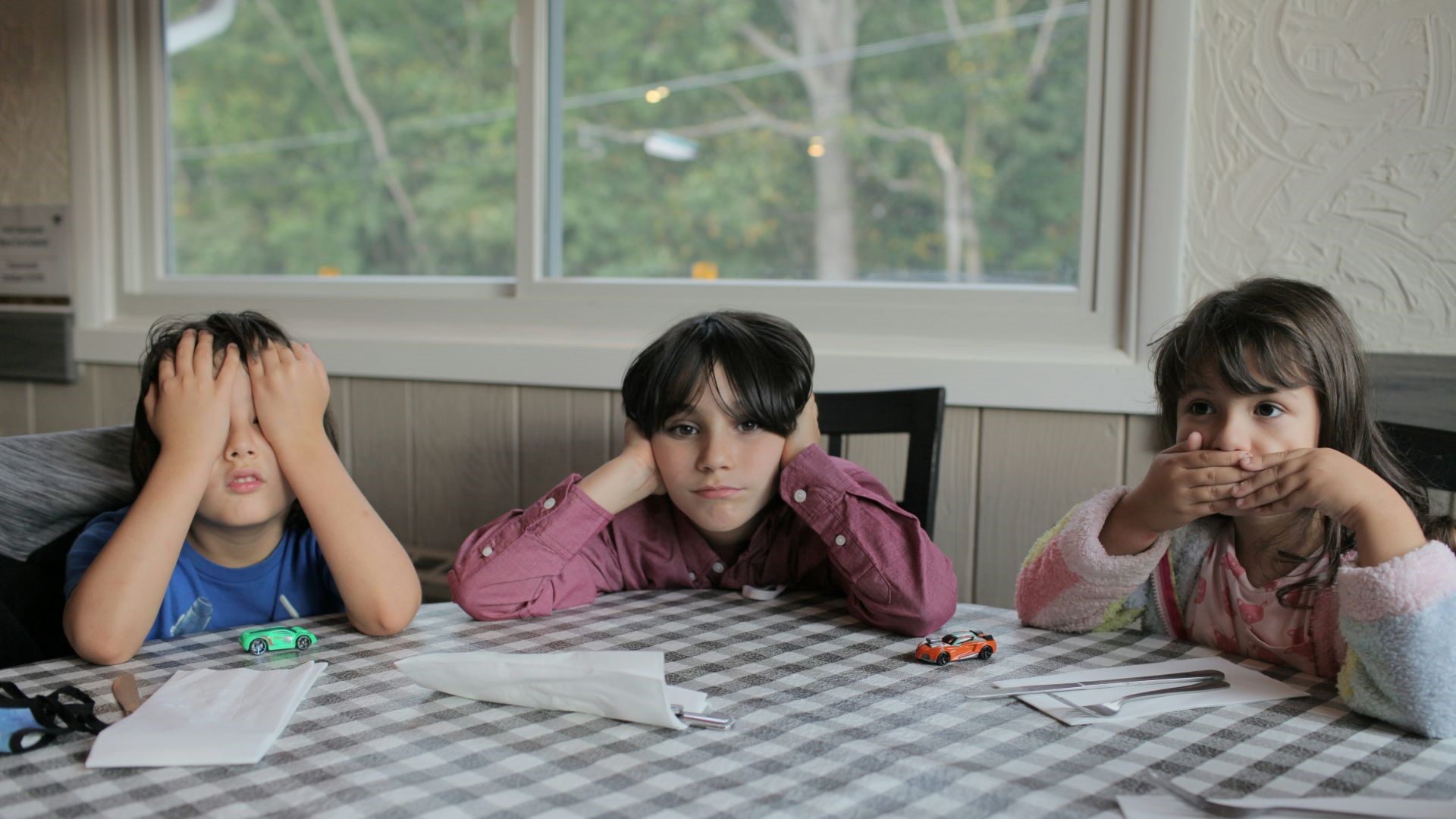When it comes to debates about the fairness or effectiveness of policies such as the two-child limit for universal credit and child tax credit, or about what needs to be done to fix the social security system or early years education and care, politicians have lost sight of the children who should be at the heart of the discussion.
Children aren’t just numbers in a spreadsheet. We need to look at these issues differently, in a way that takes children seriously in their own right.
Arguments about policies that profoundly affect children’s life-chances often focus almost entirely on the impacts of those policies on children’s parents, whether that’s in terms of getting parents back into work or influencing their choices about family size.
- More than 700,000 children plunged into poverty since Tories came to power: ‘We’re going backwards’
- Mum fears telling DWP she’s pregnant due to ‘cruel’ two-child benefit cap: ‘Bills are just too much’
- How UK’s two-child benefit cap is trapping kids in poverty and pushing families to ‘breaking point’
In this way, the government’s attempted justification for the two-child limit focus on the issue of fairness between parents with small families and those with larger families, as well as the aim of incentivising parents not to have larger families in the first place.
Keir Starmer, meanwhile, has justified keeping the two-child limit if Labour win power on the supposed grounds of fiscal responsibility, saying that he needs to take “tough choices” in order to be fair to taxpayers.
When spurious fairness arguments are used to divide ‘hard-working families’, whose income comes only from work, from those who receive means-tested benefits, as again was the case for the two-child limit, they reinforce the Victorian idea of the deserving and undeserving poor. This sets up a false distinction between ‘taxpayers’ and ‘benefit scroungers’, when in reality most families affected by the two-child limit are in work, and everyone requires support from the state at some point during their lives.









